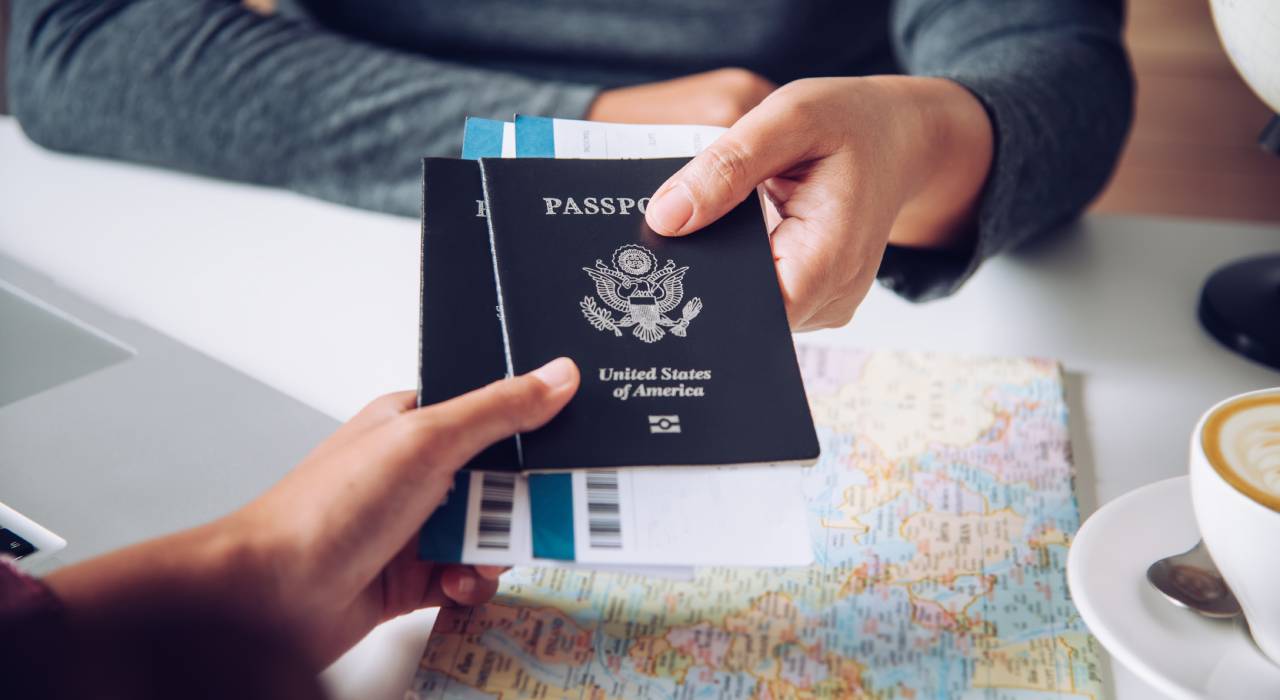
Securing a post-study work visa is an important step for international students seeking to gain work experience after their studies abroad. Many countries offer work visas that allow graduates to stay and work, thus enhancing their professional skills and offering valuable career opportunities. However, the process for obtaining a post-study work visa varies significantly from one country to another. Therefore, understanding each country’s specific requirements is crucial. Moreover, following the correct procedures can ensure a smoother transition from education to the workforce, allowing you to maximize the opportunities available post-graduation.
A post-study work visa is a permit that allows international students to stay and work in the country where they have completed their education. In particular, it is designed to help graduates gain practical experience in their field of study. Typically, these visas allow you to stay for a specific period, usually one to three years, depending on the country. Unlike the standard work visa, the post-study work visa is specifically for students who have just completed their studies. As such, it provides a unique opportunity to bridge the gap between education and professional employment.
Securing a post-study work visa offers international students valuable job opportunities and career growth. Understanding visa requirements and the application process is key to success.
Regardless of the country, there are some common requirements you need to meet to apply for a post-study work visa:
1. Check the Visa Eligibility Requirements:
Before you start your application, make sure you are eligible for a post-study work visa. This typically includes completing a recognized program and applying within the required time frame after your graduation. Visit the official immigration website of the country you are applying to in order to check specific eligibility criteria.
2. Gather Necessary Documents:
Different countries require different documentation, but some common documents include:
Make sure to gather all the documents in advance to avoid delays in the application process.
3. Submit Your Application:
Most countries allow online visa applications. Ensure that you complete all sections of the application form accurately and provide all required documents. Some countries may also require biometric data, such as fingerprints or photographs.
4. Pay the Fees:
Post-study work visas are typically not free. Each country has its own set of fees for processing the visa application, so ensure you have the necessary funds to cover the application costs.
5. Wait for Approval:
After submitting your application, there will be a processing period. This could take anywhere from a few weeks to several months, depending on the country and the complexity of your application. You will be notified if your application has been approved or if additional information is needed.
6. Secure a Job (If Required):
In some countries, you may need to secure a job within a specific time frame after your graduation to maintain your post-study work visa. Other countries do not require a job offer but may require proof of financial independence.

While securing a post-study work visa is an exciting opportunity, it does come with its challenges:
1. Visa Processing Delays: Many countries experience long processing times, which could delay your ability to begin working after graduation.
2. Financial Requirements: Some countries have strict financial requirements that may be difficult for some students to meet.
3. Job Availability: Finding a job may take longer than expected, which can delay the visa process in countries that require proof of employment.
4. Visa Conditions: Post-study work visas may come with strict conditions, such as only being able to work in specific sectors or employers.
Eligibility Criteria: Ensure that you meet the basic eligibility requirements, such as completing an accredited educational program. It is important to check that your course and institution meet the specific guidelines set by the country’s immigration authorities.
Application Timing: Submit your application within the designated time frame, typically before your student visa expires. Delaying your application can result in complications or rejection, so it’s crucial to plan ahead.
Required Documentation: Be prepared to provide necessary documents, including your degree, proof of financial support, and health insurance. Double-check all requirements to avoid missing any crucial paperwork, which could delay the approval process.
Visa Duration and Conditions: Understand the duration of the visa and any conditions, such as whether securing a job is mandatory. Some visas may require you to maintain employment or may limit the type of work you can pursue during your stay.
In conclusion, adjusting to life after post-graduation can be both challenging and rewarding. However, whether you’re facing reverse culture shock, planning your career, or managing finances, being well-prepared will help smooth the transition. Moreover, remember that your time studying abroad has equipped you with invaluable skills and experiences that will serve you well in this next phase. Therefore, embrace the changes, continue learning, and take proactive steps to build the future you envision. Ultimately, life after study is a new beginning, full of opportunities for growth and success.

Transform your dreams into reality with Uniiwish. Your expert guidance for overseas education, visas, and work consultation.
Website Designed with ❤️ by American Webtech